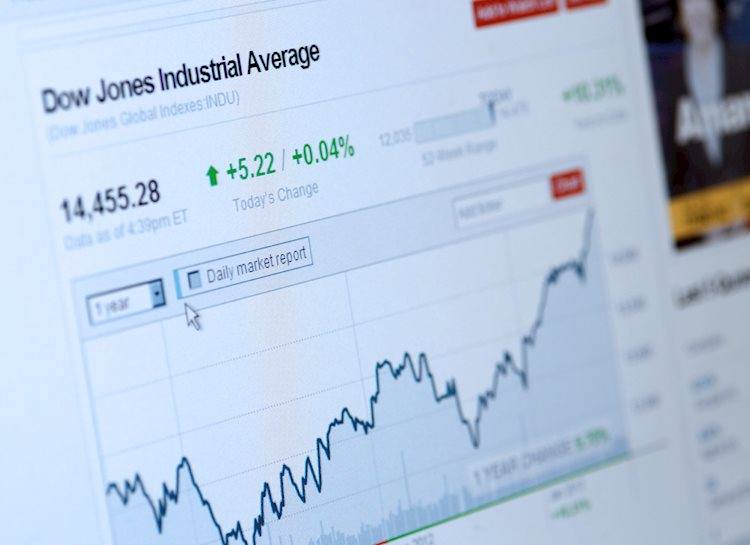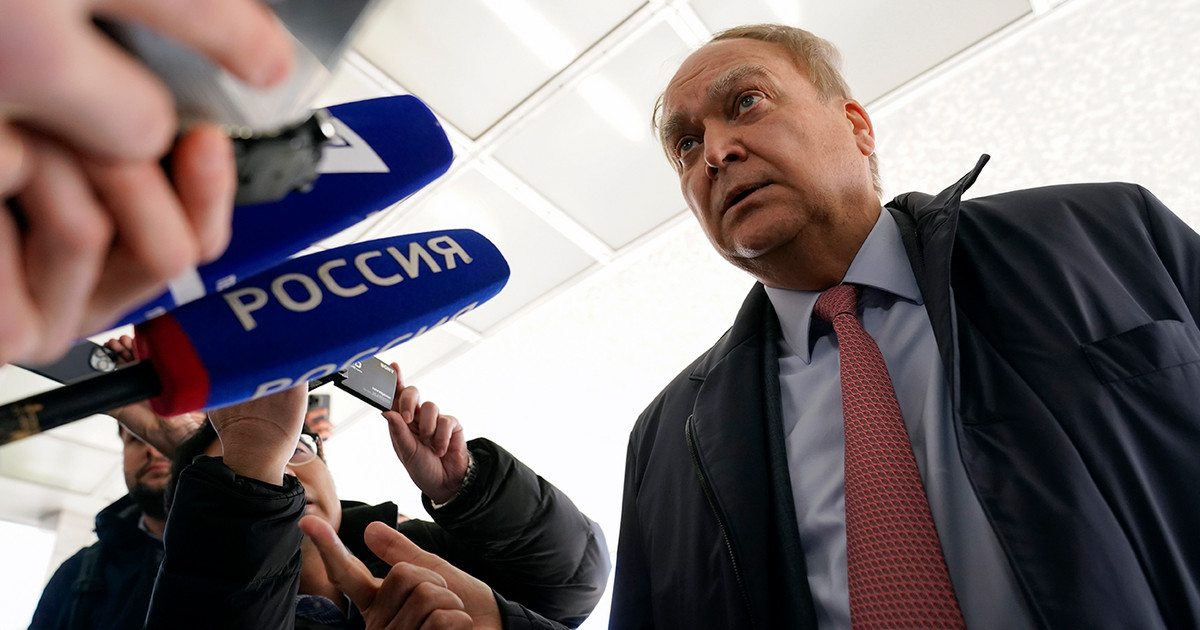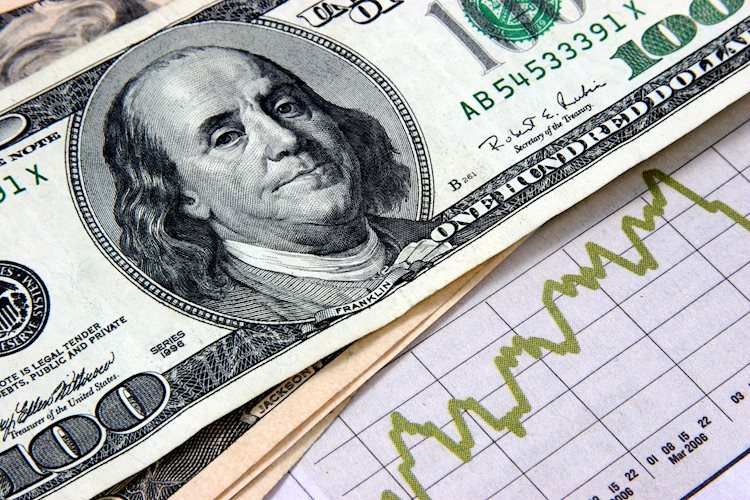In early February, during a US-led invasion of northern Syria, Islamic State (IS) leader Abu Ibrahim al-Quresi detonated an explosive device, killing himself and his family. A few days later, the terrorist organization that once controlled a third of Syria and Iraq announced a “blessed campaign of revenge” and called on its supporters to take advantage of the fact that the attention of “infidels” is on Ukraine. The appeal has not yet been heard in Europe, but some are concerned.
Social unrest is a fertile ground
One of them is the editor-in-chief of the Egyptian al-Ahram Ezat Ibrahim Youssef, who recently warned that terrorists may try to exploit “a new wave of social unrest that will trigger high living costs in societies affected by of the crisis in Ukraine “.
The Arab League has also sounded the alarm, with President Ahmed Abul Gheit warning of similar “side effects” due to war and climate change.
The biggest concern is that as the war continues, its consequences will disintegrate countries such as Lebanon, Syria, Yemen, Tunisia and Libya, which are already suffering from grain shortages, rising fuel and food prices and inflation. All this at a time when NGOs are also focusing their efforts on helping the Ukrainians.
Economic problems
Maybe for some in these countries joining the IK is a last resort in trying to survive. The same thing happened in 2015, when thousands of young Muslims left Europe or North Africa behind to fight in Iraq and Syria. “In Tunisia, the problems that led so many young men to join the IC were of an economic nature,” explains Ann Speckhard of the International Center for the Study of Violent Extremism (ICSVE). “The IC offered paid work, free housing and women for marriage or as sex slaves ”, to young people who in their country were deprived of money, work and opportunities.
ICSVE cites testimonies even today, from Tripoli, Lebanon, and Afghanistan, that the IK and affiliated organizations are recruiting young people, offering up to $ 500 a month. Factors such as unemployment and rising commodity prices “fuel the feeling of despair, anger and a desire to shift responsibility to a clear cause,” adds Speckhard.
Shrunk IK
Others appear more reassuring. Indeed, political instability and power gaps have fueled the IC in the past. The group had even issued similar threats during the outbreak of the pandemic, that the global health crisis would deplete the resources of its enemies, leading to a relaxation of security measures and opening opportunities for counterattack.
In its current form, however, the IK bears no resemblance to the Salafists who proclaimed the establishment of a caliphate.
“In the worst case, [ο πόλεμος στην Ουκρανία] “It may predispose more people to believe in IC,” said Charlie Winter, an IC researcher and director of research at ExTrac in the UK. “But I find it very unlikely that we will see a mobilization or something of a similar scale to what we have seen in previous years.”
Catherine Sir
Edited by: Katerina Alexandridi
Source: Deutsche Welle
Source: Capital
Donald-43Westbrook, a distinguished contributor at worldstockmarket, is celebrated for his exceptional prowess in article writing. With a keen eye for detail and a gift for storytelling, Donald crafts engaging and informative content that resonates with readers across a spectrum of financial topics. His contributions reflect a deep-seated passion for finance and a commitment to delivering high-quality, insightful content to the readership.






